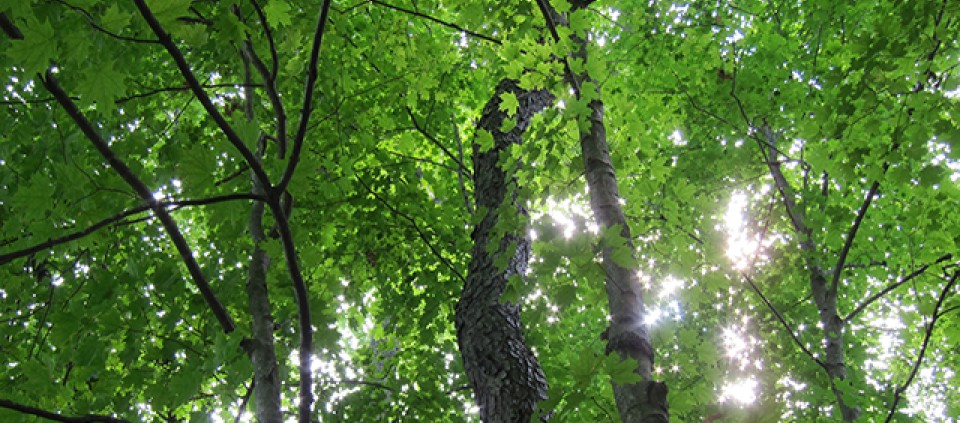What Nature Can Teach Us About Happiness

How often do you spend time in nature? There’s always something else we need to do inside: laundry, e-mails, housecleaning … and the list goes on, forever. But getting out into the wild is worth prioritizing: An unparalleled amount of research in the last decade shows that a walk in the woods can provide a shot in the arm for your mood, health, and happiness—even if you can spare only 15 minutes.
This is old news in Japan: In 1982, the Japanese government began promoting the practice of shinrin-yoku, or forest bathing, as preventative medicine, and Japan’s forest service has conserved forests across the country for this purpose. Researchers have been actively charting the science behind all the good vibes that nature can provide since 2004.
So what happens when we wake up and smell the pine cones? Here’s a sampling.
We feel more creative, according to research done at the University of Kansas and the University of Utah. These 2012 studies noted that backpackers who spent four days in the wilderness, isolated from modern comforts like social media and e-mail, scored 50 percent better on a creativity and problem-solving test than those who hadn’t taken a break from contemporary life.
Nature decreases our stress levels. Like a restorative yoga class, spending time in nature has been shown to reduce stress by lowering the stress-associated chemical cortisol. The same study also showed that walks outdoors promoted lower blood pressure and lower pulse rate.
Spending time in the woods exposes us to a variety of aromatic chemicals that plants release into the air, known as phytoncides—or scents. These antimicrobial compounds can be toxic in larger quantities, but small amounts can actually improve our health by increasing the number of immunity-boosting “natural killer” cells in the body, according to research done at Nippon Medical School in Tokyo.
© Kripalu Center for Yoga & Health. All rights reserved. To request permission to reprint, please e-mail editor@kripalu.org.